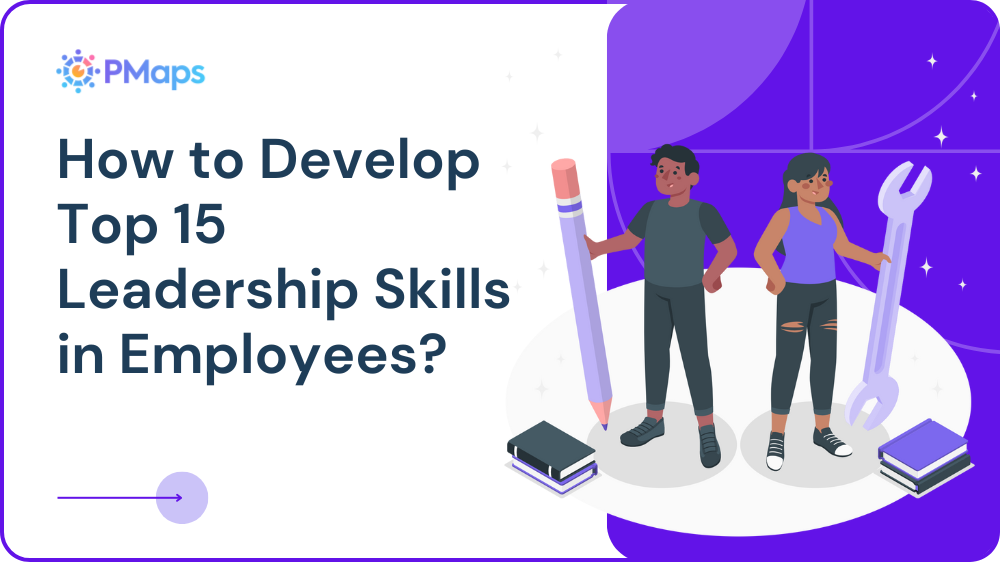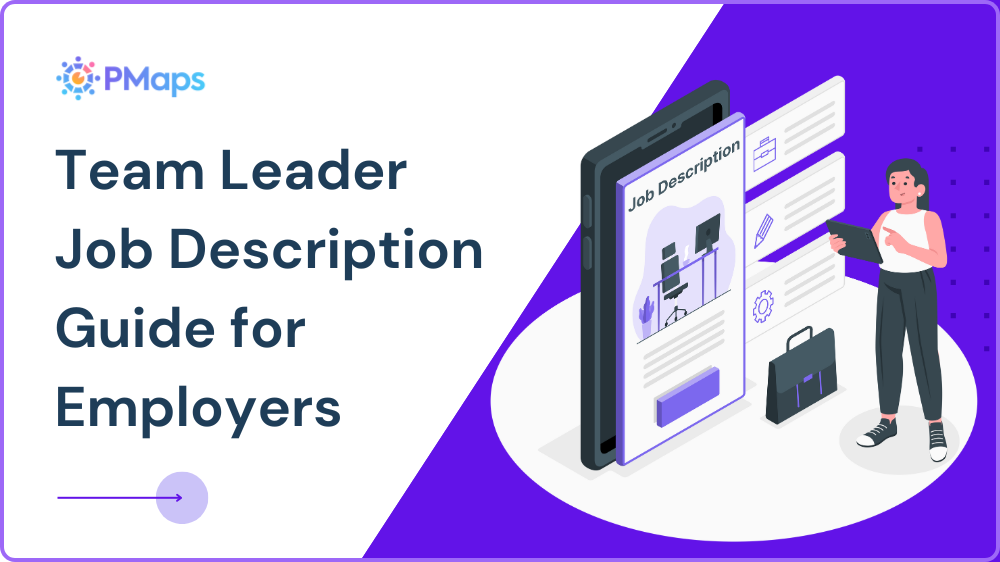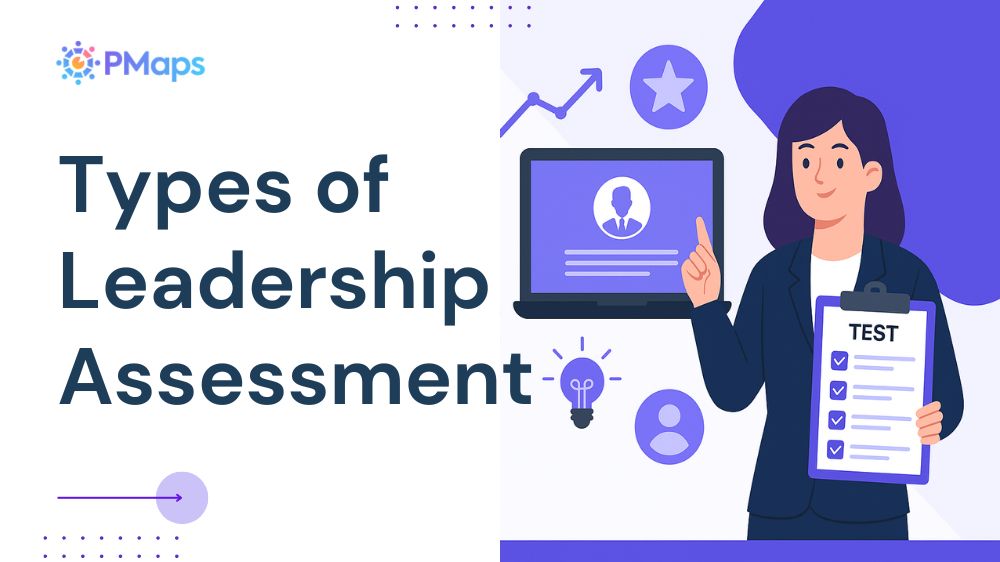
Leadership skills define whether teams thrive or falter in today’s complex workplaces. For HR leaders, nurturing these abilities in employees is no longer optional, it’s strategic survival. Studies show that organizations with strong leadership pipelines outperform peers in both retention and productivity. Yet, many companies still struggle to identify the most important leadership skills and the ways to develop them effectively.
This guide unpacks the top leadership skills every employee should build. It explains the foundational, action-oriented, and interpersonal traits that shape effective leadership. We will also look at practical methods for leadership development, roles of leaders in workplace success, and modern approaches for AI-driven teams.
Top 15 Effective Leadership Traits
Great leaders are not defined by title but by traits that inspire, guide, and deliver results. When HR leaders evaluate employees for growth potential, they often focus on leadership development skills that go beyond technical expertise. These skills can be grouped into three categories: foundational, action-oriented, and interpersonal.
Foundational Skills
Strong leadership begins with traits that ground an individual’s ability to influence others. These qualities create stability and direction, forming the base for more advanced leadership development skills. Without these foundations, employees struggle to lead effectively.
- Self-Awareness – Leaders must recognize their strengths and weaknesses. Self-awareness shapes decision-making and builds accountability.
- Critical Thinking – Good leadership skills rely on analyzing situations objectively, weighing options, and avoiding impulsive choices.
- Adaptability – Changing business conditions demand leaders who stay flexible while maintaining team direction.
- Ethical Judgment – Leaders who act with integrity establish trust and credibility across all levels of the organization.
- Learning Agility – The ability to learn quickly from experiences keeps leaders relevant and ready for new challenges.
Action-Oriented Skills
Once foundational strengths are established, leaders must demonstrate the ability to act decisively. These skills translate intent into results, ensuring employees can lead projects, navigate challenges, and motivate teams while keeping organizational goals in sharp focus.
- Decision-Making – Effective leadership skills involve making timely, informed decisions that balance short-term needs with long-term vision.
- Accountability – Leaders must take responsibility for outcomes, reinforcing trust and reliability within the team.
- Goal Setting – Clear, measurable goals help align team efforts with organizational priorities and expected outcomes.
- Strategic Planning – Leaders who anticipate challenges and allocate resources effectively ensure sustainable progress.
- Resilience – The ability to persevere under pressure defines a leader’s capacity to manage uncertainty and setbacks.
Interpersonal Skills
Leadership is ineffective without the ability to connect with people. Interpersonal skills shape how leaders communicate, inspire, and resolve conflicts. These abilities turn authority into influence, ensuring teams remain engaged, collaborative, and aligned toward shared goals.
- Communication – Clear and consistent messaging helps leaders articulate vision, provide feedback, and reduce misunderstandings.
- Collaboration – Good leadership skills encourage teamwork, building stronger outcomes through shared knowledge and collective effort.
- Conflict Management – Leaders must address disagreements constructively, preventing escalation while maintaining fairness and balance.
- Emotional Intelligence – Recognizing and managing emotions strengthens relationships and promotes psychological safety within teams.
- Coaching and Mentoring – Leaders who guide professional growth foster long-term talent development and employee loyalty.
Roles and Responsibilities of a Leader in Workplace
A leader’s responsibilities go beyond managing tasks. Their role is to shape culture, direct performance, and build trust. Effective leadership skills enable them to create environments where employees feel valued, motivated, and aligned with organizational goals.
- Vision Setting – Leaders must communicate a clear direction, helping employees understand where the team and company are heading.
- Motivating Teams – Good leadership skills involve recognizing efforts, celebrating progress, and keeping morale high during challenges.
- Building Organizational Trust – Trust defines credibility. Leaders strengthen it by showing consistency, fairness, and transparency in decision-making.
- Delegation of Work – Effective leaders allocate responsibilities based on strengths, ensuring productivity while encouraging employee growth.
- Performance Management – Leaders track progress, provide constructive feedback, and help employees achieve measurable outcomes.
- Cultural Stewardship – By modeling values, leaders reinforce organizational identity and influence workplace behavior.
Ways to Develop Leadership Skills
Developing leadership skills requires intentional effort supported by HR programs and organizational strategy. Companies that prioritize skill-building create leaders capable of handling evolving challenges while driving business growth. These methods help employees strengthen leadership skills and abilities at every career stage.
- Leadership Skills Assessment – Using structured assessments helps identify strengths, gaps, and opportunities for focused development. Tools such as types of leadership assessment tests provide valuable benchmarks.
- Coaching and Mentoring Programs – Pairing employees with experienced mentors fosters skill transfer and leadership readiness.
- Targeted Training Workshops – Focused sessions on decision-making, communication, or emotional intelligence in the workplace reinforce specific skills.
- Job Rotations – Exposing employees to varied functions sharpens adaptability and broadens strategic understanding.
- Feedback Culture – Constructive feedback helps employees adjust behaviors and continuously improve leadership development skills.
- Learning Resources – Access to books, e-learning, and simulations ensures ongoing growth in both technical and interpersonal areas.
Ways to Demonstrate Leadership in Workplace for AI-Driven Teams
As artificial intelligence reshapes work, leaders must adapt their approach to guide hybrid human–machine teams. Demonstrating leadership in this environment requires balancing technological capabilities with human judgment, ensuring employees feel both supported and empowered to contribute meaningfully.
- Data-Informed Decisions – Leaders should combine AI-driven insights with critical thinking, avoiding over-reliance on automation.
- Facilitative Leadership – Understanding what is facilitative leadership is vital, as it empowers teams to collaborate and leverage diverse inputs.
- Continuous Learning – Leaders must encourage employees to upgrade digital literacy and develop confidence in working alongside AI.
- Ethical Oversight – Leaders ensure AI tools are used responsibly, aligning outcomes with organizational values.
- Human-Centric Focus – By emphasizing empathy, leaders keep teams engaged and reduce fear of job displacement.
- Transparent Communication – Clear messaging about AI’s role builds trust and reduces uncertainty within the workplace.
Conclusion
Strong leadership skills shape resilient, high-performing teams. By nurturing foundational, action-oriented, and interpersonal traits, HR leaders prepare employees to meet evolving workplace challenges. Leadership development requires structured support through assessments, mentoring, and continuous learning opportunities.
In AI-driven environments, empathy, adaptability, and ethical oversight become essential. PMaps offers scientifically validated leadership skills assessment tools that help organizations identify potential and guide growth with precision. To strengthen your leadership pipeline and build future-ready teams, connect with us at 8591320212 or write to assessment@pmaps.in









